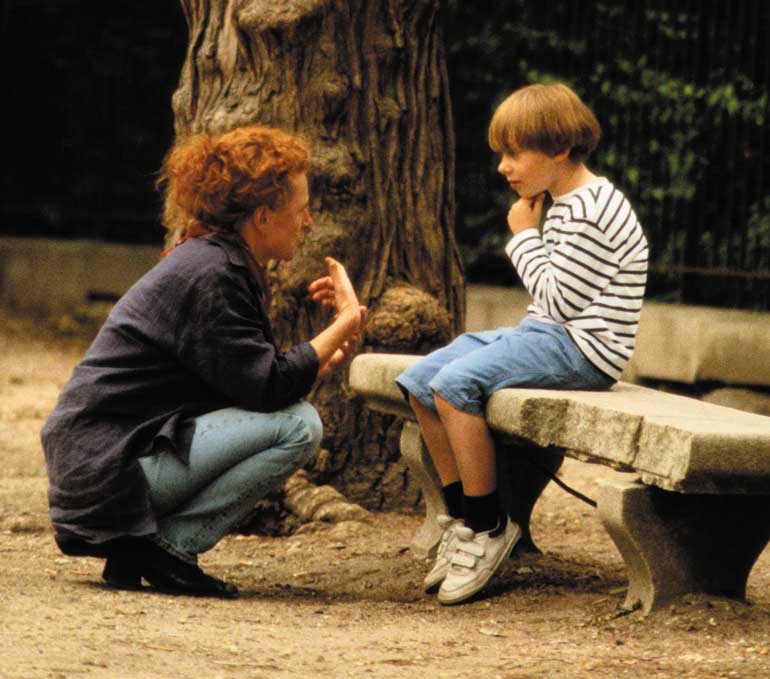Praeger; second edition; 2015
Buy Telling the Truth to Your Adopted or Foster Child on Amazon.com >
We’ve all had secrets kept from us. Sometimes people hide information to exert control over a difficult situation, escape something shameful, or save face. They may even keep secrets out of a sincere desire to protect a loved one from pain.
But how many of us, when we finally discover the truth, feel grateful to the keeper of secrets for choosing what we were allowed to know and not know? Most of us feel betrayed and angry. And that’s exactly how adopted and foster children feel when they discover that their parents have been keeping secrets.
In Telling the Truth to Your Adopted or Foster Child: Making Sense of the Past, Betsy Keefer Smalley and Jayne E. Schooler make a strong case for telling all — in developmentally appropriate ways — no matter how horrific the facts may be. Parents who attempt to protect their children by hiding painful information about the past risk not only failing in that goal but forever losing something precious: their child’s trust.
Telling the Truth will enlighten anyone who is struggling to find the right words to tell an adoption story in a positive and realistic way. The book’s most helpful chapter, “Sharing the Hard Stuff,” provides scripts tailored to the child’s age and the circumstances of adoption or placement in foster care. A preschooler who has suffered physical abuse, for example, might simply be told that his first mommy and daddy did not take care of him the way they should have, but that he is safe now. In the middle-school years and later, parents might tell their child more about her birth parents and help her understand how overwhelming circumstances and an inability to control anger might have contributed to the abuse.
In general, children should have all the facts before entering adolescence, Smalley and Schooler advise. Teens may be unable to absorb new information during years when distrust of authority — including parents — and the need to form an individual identity take precedence.
Besides promoting open communication, the authors suggest ways to make sense of adoption, discussing such issues as opening a closed adoption, dealing with communication barriers in adolescence, and educating teachers to tailor problematic classroom assignments—such as the family tree—to reflect the complexity of adoptive families.
Reviewed by Catherine Carrington.


